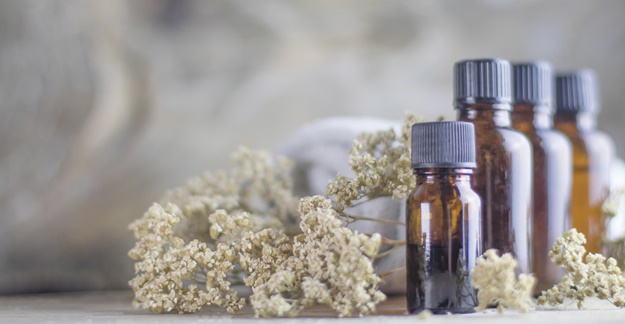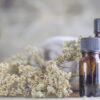Essential oils are a popular part of homeopathy, but using them safely requires research and caution.
Many people enjoy using essential oils as part of their wellness routines, but before you reach for the lavender, take some time to learn about using essential oils safely and wisely. Whether you intend on diffusing it in your air or applying it to your skin, knowing what you are doing can mean the difference between relaxation or a rash.
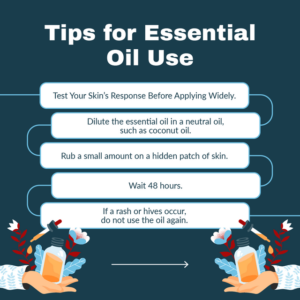
1. Essential Oils Have Potential Side Effects
Like any other product, essential oils can cause rashes if you are allergic to them. For this reason, Joel Warsh, a pediatrician who practices integrative medicine in Hollywood, Calif., advises patients to always use a carrier oil — oils used to dilute aromatic oils — such as coconut oil and test a small amount on the skin before applying all over. “Diluting is really important, since anyone can have a reaction to anything,” he says. He utilizes aromatic oils in the treatment of his patients and appreciates the many practical uses of these oils.
Mary Karol, a Maryland-based musician, tried to diffuse lavender in order to calm her anxiety. Instead, she triggered an asthma attack. Another time, Karol inadvertently got a drop of undiluted peppermint oil on her hand and it burned her skin, eyes, nose, and throat. “I do use essential oils regularly,” Karol says, “but I am big on safety.”
Chad Hayes, a pediatrician in South Carolina who also runs a blog, Demystifying Pediatrics, is wary of recommending aromatic oils. “My biggest concerns with essential oils is that we don’t really know what most of them do,” he says. “Unlike a lot of alternative medicine modalities, therapeutic oils probably do something. These are chemicals that plants make for a reason, and not just to make your house smell better.”
He is also concerned that a lack of research means those using the oils could have negative results. “A lot of the oils are made by the plants to repel insects or infections. A lot of people fall into this fallacy that if something is natural, it’s automatically healthy, but there is lots in the environment that can kill you.”
2. Don’t Use Oils On or Near Babies and Pets (Or Guests)
Diffusing essential oils means that you will be breathing them and so will everyone else who comes into your home. While you may have tested the oils on yourself, others may have negative reactions, particularly pets and children. The ASPCA suggests that oils not be diffused around your pets, but only in a closed off area they cannot access during the period of diffusing. Also, never apply aromatic oils directly to your pets.
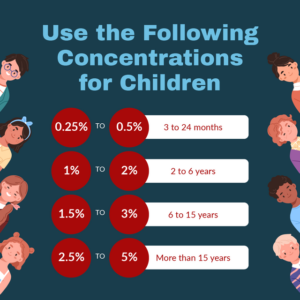
According to Dr. Warsh, infants under 2 months should never be exposed to essential oils as they may cause babies to stop breathing. If you are planning on having company, consider holding off on the oil diffusing in case of adverse reactions in your guests.
Using aromatic oils can be helpful, but make sure you research and test each oil individually before using.
3. Essential Oils are Not Required to Prove They Work
The FDA has no regulatory definition for essential oils. However, because essential oils are often marketed as aromatherapy, they are loosely regulated by the FDA because they fall under the category of cosmetics. However, if an essential oil markets itself as a way to treat or prevent disease or affect the function of a body (e.g. an essential oil applied to the body), the FDA would consider it a drug.
In 2014, the FDA sent warning letters to several essential oil manufacturers including doTERRA and Young Living, requiring them to remove claims of disease diagnosis, treatment, prevention and cures. Without these medical claims, the FDA does not evaluate these products at all.
Before trusting any advertising, talk to your doctor for their professional opinion on an oil’s efficacy.
Dr. Hayes cautions his patients and readers that because essence oils fall outside of the FDA’s definition of medicine, users should be wary of any advertisements of those selling the oils. “Companies often get around restrictions on making medical statements by saying an oil, ‘boosts the immune system,’ which is a meaningless claim,” he says.
4. Many Doctors and Patients Report Benefits from Aromatic Oils
When you start using essential oils for your health, find a doctor who knows what he’s doing to help you.
Dr. Warsh utilizes essential oils in the treatment of his patients and appreciates the many practical uses of essential oils.
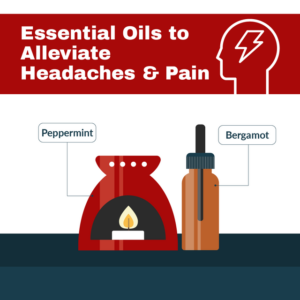
“There are different essential oils for everything,” he says, “and it’s a good first step in treatment. The first piece in the puzzle.”
He uses oils as solo treatment as well as an adjunct treatment with Western medicine options. The parents of his patients appreciate oils, and he has seen success calming his patients as well as treating minor rashes.
For minor headaches and anxiety, Anna Goodman, a Missouri mother of 5, loves using essential oils. “I consult my midwife and a doctor friend about essence oil use, and I don’t listen to anyone trying to sell me something,” Goodman says. She also researches each oil individually before using it in her home.
5. Ingesting Aromatic Oils Is Not Safe
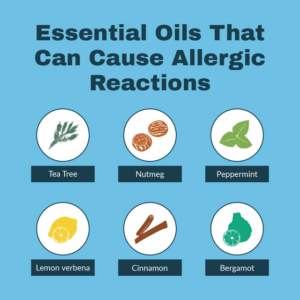
While some companies which sell essential oils suggest adding them to food, Dr. Hayes warns against this. “Ingesting oils could cause vomiting or diarrhea.”
The National Capital Poison Center agrees with him, warning that “Aspirating an essence oil can cause pneumonia; this can happen if someone tries to swallow it, but chokes so that a little goes into the lungs.” Keep them safely away from children. The center suggests that you keep essential oils in your home as safely as you store medications and cleaning products.


